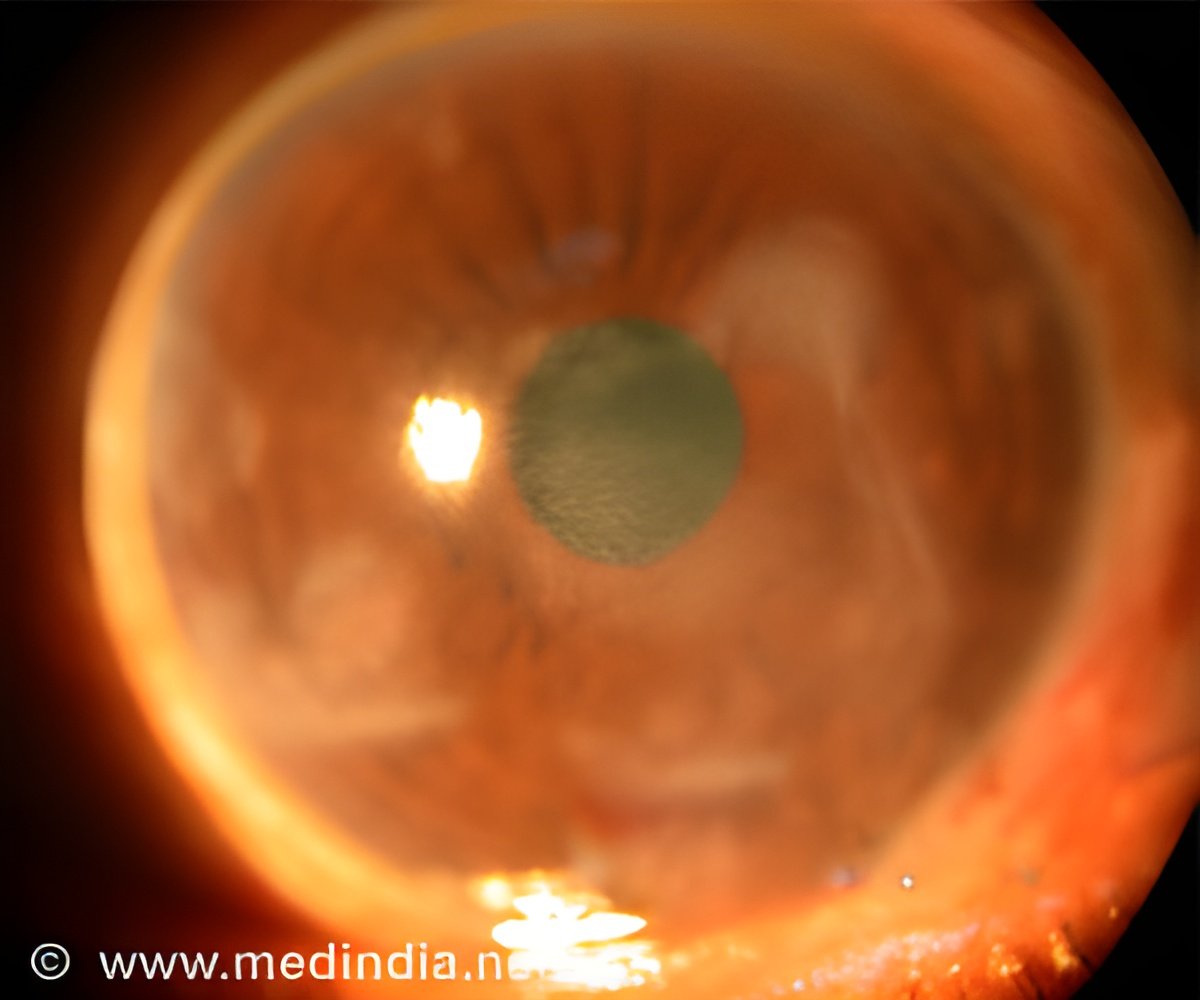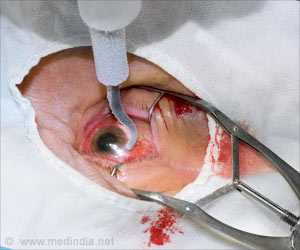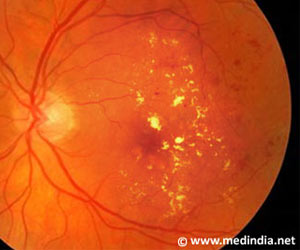
Researcher Nicolas Bazan said that studying the eye and the brain might hold the key to creating therapeutic solutions for blindness, stroke and other seemingly unrelated conditions associated with the central nervous system. The eye is a window to the brain.
Bazan added that during the last few years, his laboratory has been immersed in studying gene regulation and they have uncovered a novel control that makes definitive decisions about whether a retina or brain cell will survive or die when threatened with disease onset. The gene mechanism that they discovered is the interplay of two genes turned on by the messenger Neuroprotectin D1 (NPD1), which is made from the essential fatty acid, docosahexaenoic acid (DHA).
The research team worked with human RPE cells and an experimental model of ischemic stroke and discovered novel mechanisms in cells with the ability to activate pathways that crosstalk one to another and then assemble consolidated responses that decide cell fate.
The researchers found that the powerful messenger, NPD1, is produced on-demand in the brain and retina and that it elicits a network of positive signals essential for the well-being of vision and cognition.
They showed that NDP1 bioactivity governs key gene interactions decisive in cell survival when threatened by disease or injury and demonstrated that not only does NPD1 protect photoreceptors, but it also promotes remarkable neurological recovery from the most frequent form of stroke in humans.
Advertisement
Source-ANI















